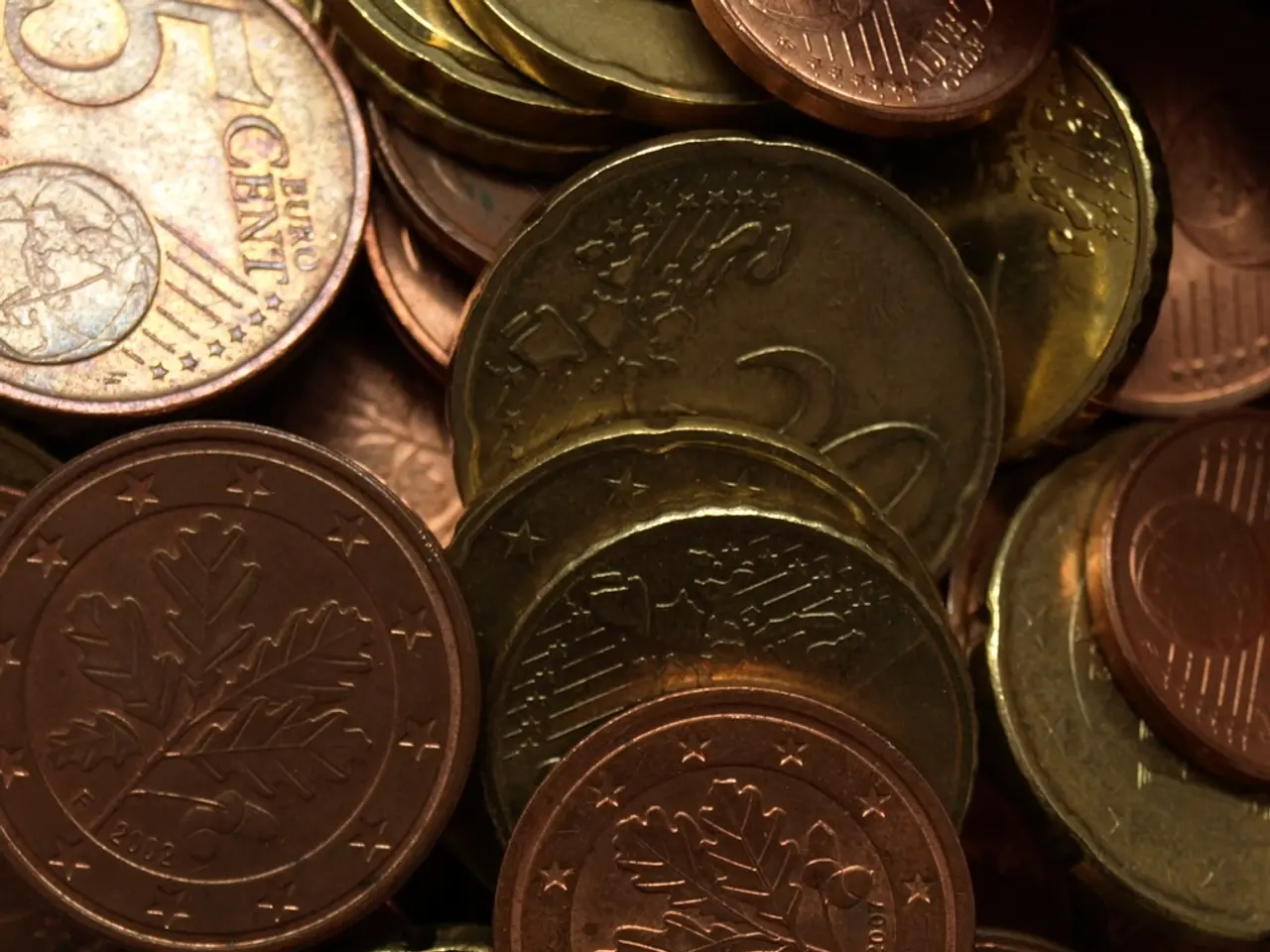Avoiding Summer Blackouts: Kuwait Saves 900 Megawatts through Efficiency Measures
In an effort to maintain a reliable power supply and promote electricity conservation, the Ministry of Electricity, Water and Renewable Energy in Kuwait has implemented a series of strategic measures. These steps aim to address the challenges posed by extreme heat and high demand on the national power grid.
One of the key initiatives is the call for citizens and residents to reduce electricity consumption during peak hours (11 AM to 5 PM). The Ministry encourages limiting the use of high-consumption appliances such as air conditioners, avoiding setting air conditioners below 24°C, unplugging unused electrical devices, and switching to energy-efficient LED lighting. The Ministry also promotes the use of natural daylight to reduce electrical lighting needs[1][2].
To increase public awareness and transparency, the Ministry disseminates practical energy-saving tips via official social media channels, the government "Sahel" app, and the Meteorological Department. They keep the public well-informed about possible power supply adjustments or load management decisions to maintain trust and minimize panic[2][3].
In some cases, the Ministry may implement scheduled power outages (load-shedding) as a last resort to maintain grid stability. However, these measures are used sparingly and only when necessary to prevent total system failure and ensure continuity of essential services[2][3].
The Ministry also emphasizes the importance of voluntary collective cooperation. If at least 10% of consumers reduce their electricity usage during peak hours, it could save around 1,764 megawatts—enough to avoid programmed power outages[4].
Recent efforts have seen the introduction of an e-billing system for treated water services as part of Kuwait’s digital transformation efforts. This modernization supports broader sustainability objectives[1].
In addition to these measures, the Ministry has coordinated with heavy industries to shift operations away from peak hours, enhancing system efficiency. Aging thermal power plants were modernized by transitioning to gas-fired combined cycle stations[1].
The most impactful step was the crackdown on illegal cryptocurrency mining, which significantly eased pressure on the grid. Improved utilization of the Gulf interconnection further supported savings. The use of renewable energy was also boosted[1].
These efforts have shown promising signs during recent 51°C heatwaves. Dr. Adel Al-Zamil, the Undersecretary of the Ministry, announced a successful saving of 900 megawatts of electricity. Al-Zamil emphasizes the importance of embedding a culture of conservation and is optimistic about passing this and the next two summers without interruptions[1].
Plans are in place to boost power generation by 75%. Major projects are expected to add 14,000 megawatts by 2029-2030[1]. Despite Kuwait's consumption of electricity being unusually high, with citizens using 35% more electricity compared to neighboring countries, these initiatives aim to address this issue and promote sustainability[1].
[1] Ministry of Electricity, Water and Renewable Energy, Press Release, (2023). [2] Al-Rai, "Kuwait's Ministry of Electricity, Water and Renewable Energy Takes Steps to Ensure Stable Power Supply," (2023). [3] Kuwait Times, "Kuwait's Ministry of Electricity, Water and Renewable Energy Urges Citizens to Save Energy During Peak Hours," (2023). [4] Arab Times, "Kuwait's Ministry of Electricity, Water and Renewable Energy Encourages Voluntary Rationalization to Avoid Power Outages," (2023).
- The Ministry of Electricity, Water and Renewable Energy in Kuwait is also investing in renewable energy sources to further mitigate climate-change impacts on the power supply and promote environmental-science initiatives.
- In the finance sector, the Ministry is exploring opportunities to invest in projects that foster the growth of the renewable-energy industry, aiming for a greener and more sustainable national economy.
- As part of the broad sustainability objectives, the Ministry is collaborating with educational institutions to develop curriculums in climate-change, environmental-science, and renewable-energy studies to empower the future industry leaders and contributors.




